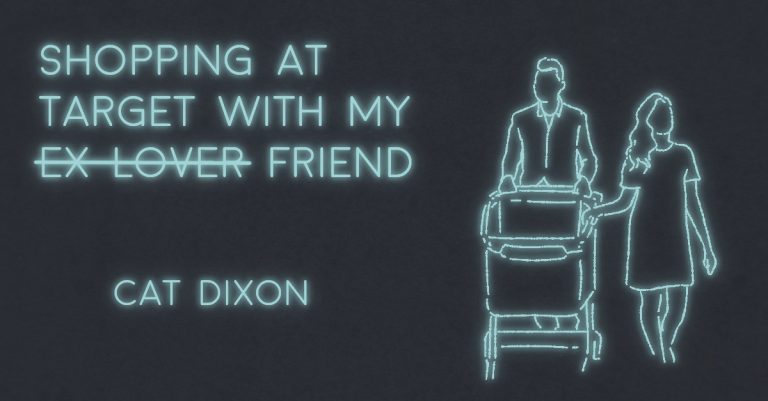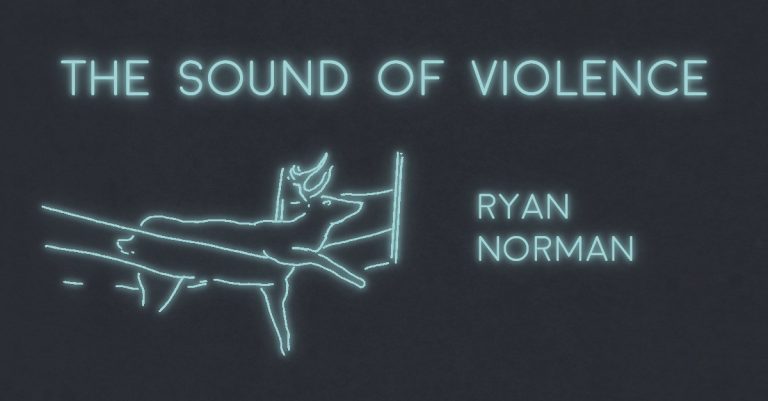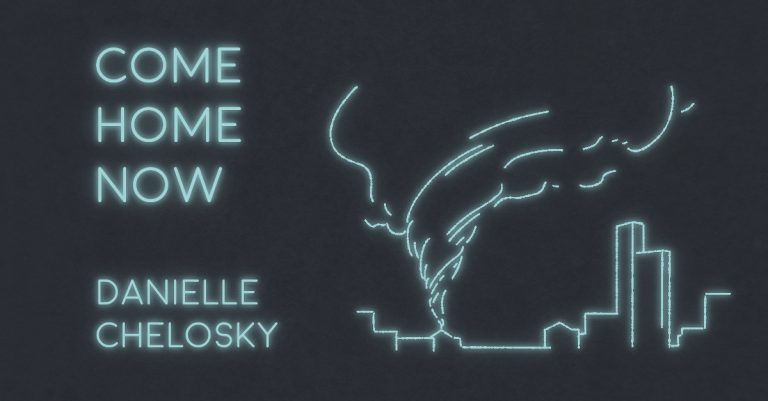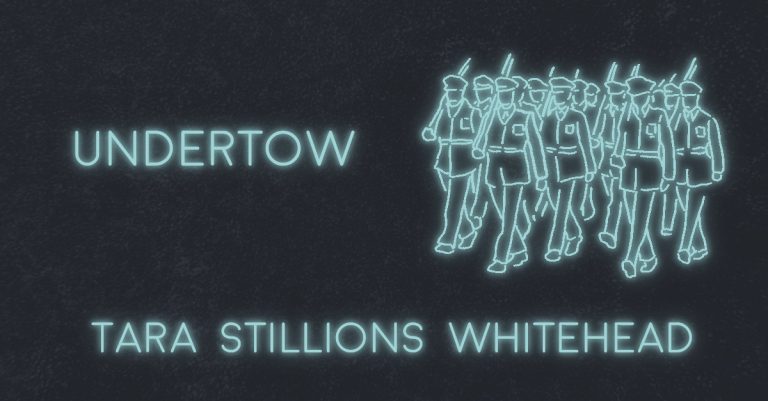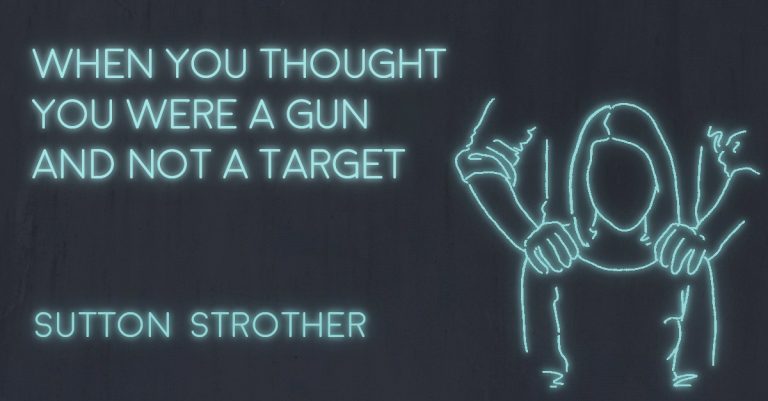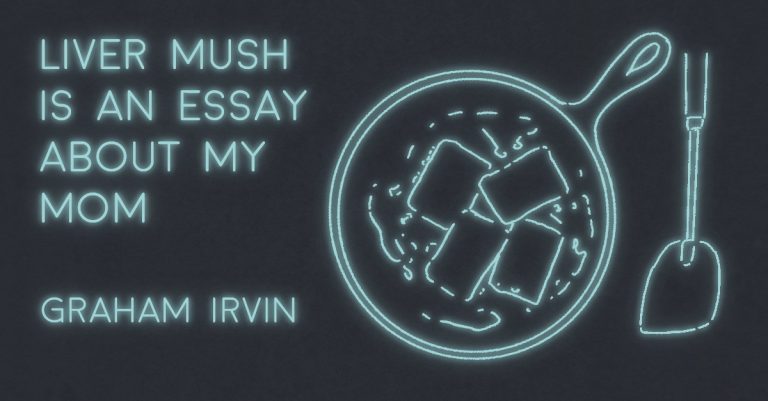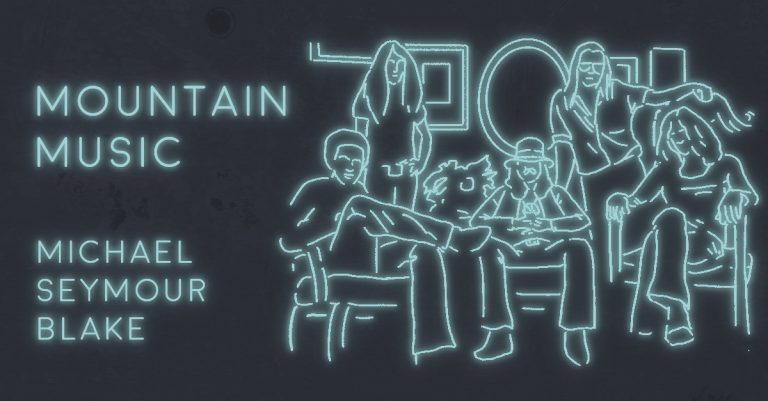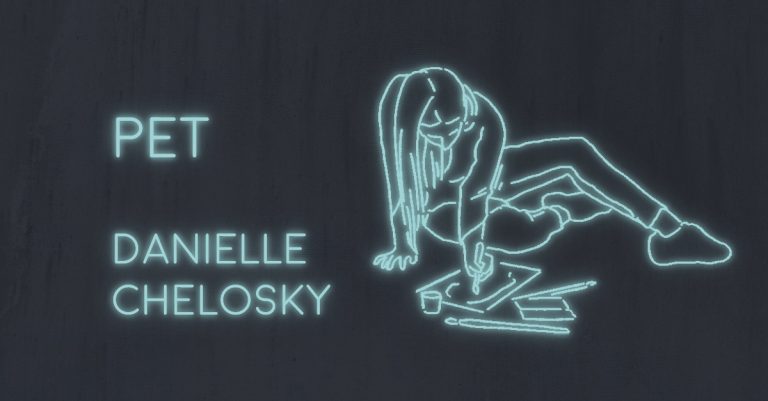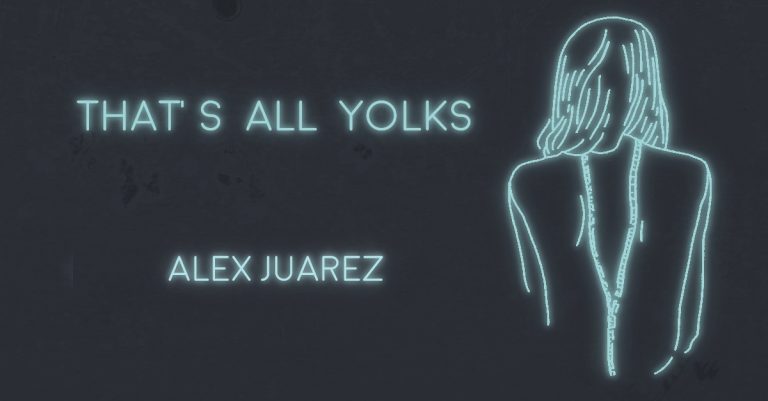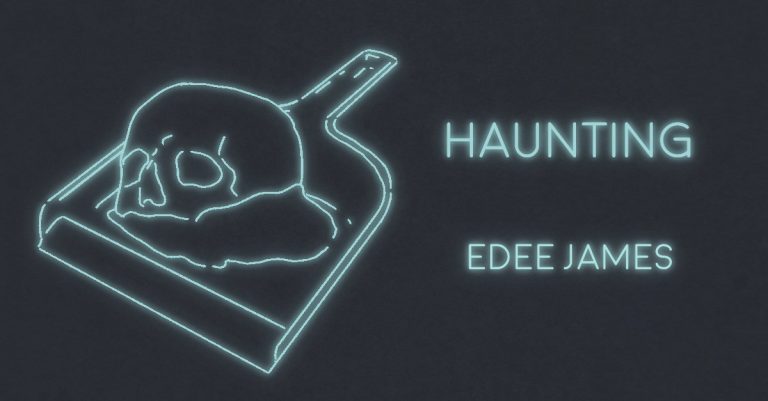
HAUNTING by Edee James
A ghost is a boy who always comes back to you. We were kissing in his car, which he’d initially parked by the side of the road so we could volley insults at each other responsibly. With his breath sweet and warm on my neck, and his tongue darting in and out of my ear, it was easy to momentarily forget why we were fighting. It was about another girl. I grew up learning that a man will stray. You shouldn’t kill yourself just because your man is a community penis, my aunt said. All I had to do was pray he

